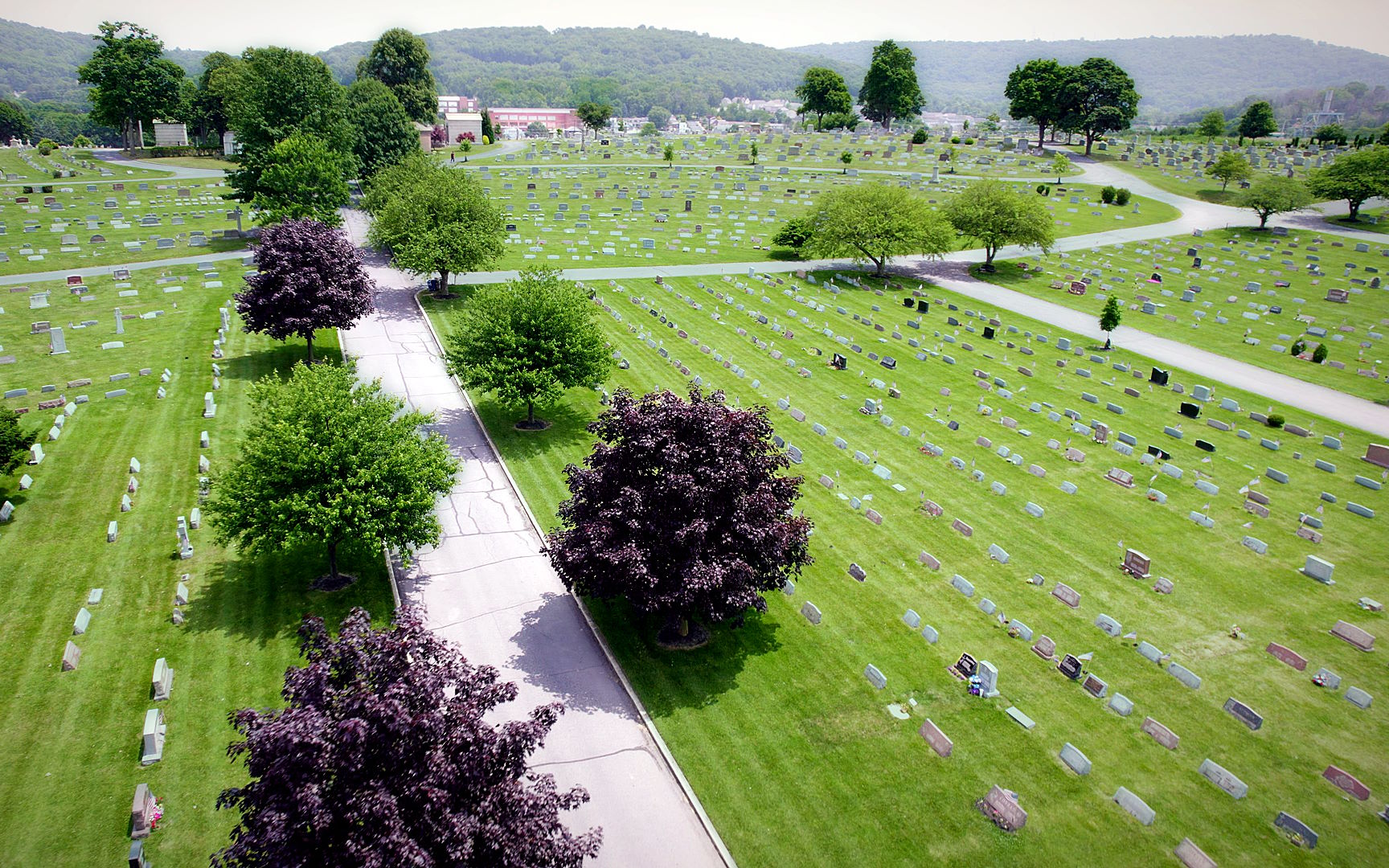I still remember the days where burial services were held – everyone came, dressed in funeral attire, and the funeral professionals were revered for their talent, heart, and conduct. Viewing was a minimum of 3 days, and the family held vigil until the funeral director excused the group from their duty.
Not long later, people would arrive in their cars, meeting at the cemetery – walking up to the burial space; balloons in hand, video cameras at the ready – and the funeral professionals appeared to be the necessary fixture to get the process finished.
Today, with an active pandemic amongst us, we are at a loss to describe the modern day burial ritual. It is what our states and governments allow us to provide, and we do these mandated tasks with face masks, gloves, and a schedule for watching the burial being conducted with the minimum of attendees.
So, we must press on forward into an ever-changing world around us. If I am confused and overwhelmed, how would a family feel today facing the death of a beloved family member, being served by us?
I have always known that behind the veil of the widow or in the heart of the child is a person burdened with a level of emotional bankruptcy that leaves them longing for something more. Something to hold on to. Some form of safety. Something that we used to provide through ritual. Our duty to serve has somehow gotten skewed by the times, the pandemic, cremations, or whatever we choose to blame it on. From here, we just need to get a little better at just about everything – we need to see and hear the people we serve.
After care is a series of small gestures that give families hope.
After care is necessary. We all need it. We need to get better at providing it. Here are my top 8 recommendations to re-engage with this extremely important process:
- When you meet the family, it is paramount that they know you care. Establish what is to be expected, and let them know that you will be there for them in the days, weeks, and months ahead. Schedule next steps. Ask them to tell you a bit about the deceased, and be especially mindful of their journey and the experience they are receiving from you.
- Cover all options clearly. Explain all of the products and services that are available that meet their needs. Educate them, don’t sell them.
- Continued support builds trust. Explain everything that they will see, what to expect, and what you will do for them during and after the service is concluded. This is the beginning of your service to this family. There is no end. This is your opportunity to gain their trust. I always am reminded that cemeteries are forever and so is our service to the families who choose us.
- Be efficient in all you do. Having paperwork all over the place or coming in and out of the arrangement room is not respectful to the families and their time. Add technology to streamline and automate your processes so that you aren’t presenting yourself in a chaotic light. Be mindful of time and efficiency when meeting with families.
- It’s the little things that matter. Send a sympathy card, note, email, text message – something to the family the day you meet them. Your conversation will never be more clear than the day you meet. When you make every communication with the family more personal – it makes their journey that much more meaningful.
- Always listen and encourage your families to share their stories. Lose the watch and the cell phone and be in the moment with them. This is the most empathetic thing you will ever do.
- Your follow up is key. After care never ends. Sometimes it results in add-on sales like a memorial or spouse grave. Sometimes it doesn’t. When the service is exceptional, the sales come by themselves. True after care should not be sales oriented – it should be service oriented.
- Offer the family the ability to memorialize their loved one on your website. For many people, they don’t live anywhere near where their loved one is buried. Having an online memorial gives them a place of contemplation. A virtual place to leave a flower and to reflect on that person and their life lived. This technology solution should be easy for the family and supported by you. Offer to help them. Provide assistance in scanning pictures and sharing the online memorial with other members of the family. Remember, they are lost in grief. This is a service to help them navigate through their grief journey.
After care is a series of small gestures that give families hope. It extends service beyond the day of death or burial service. We have all been touched by death in one way or another. Let’s serve our families by getting a little bit better at just about everything we do.
Related Articles
Articles related to the one you just read!
What are cemeterians saying about webCemeteries?
This [website] project was quite an odyssey with plenty of twists and turns. The webCemeteries website design team weathered the storm. I think it’s more than fair to say that without their efforts, we would not have gotten this over the finish line…and with such an excellent outcome.
Mark J. DePalma
Forest Lawn Buffalo




